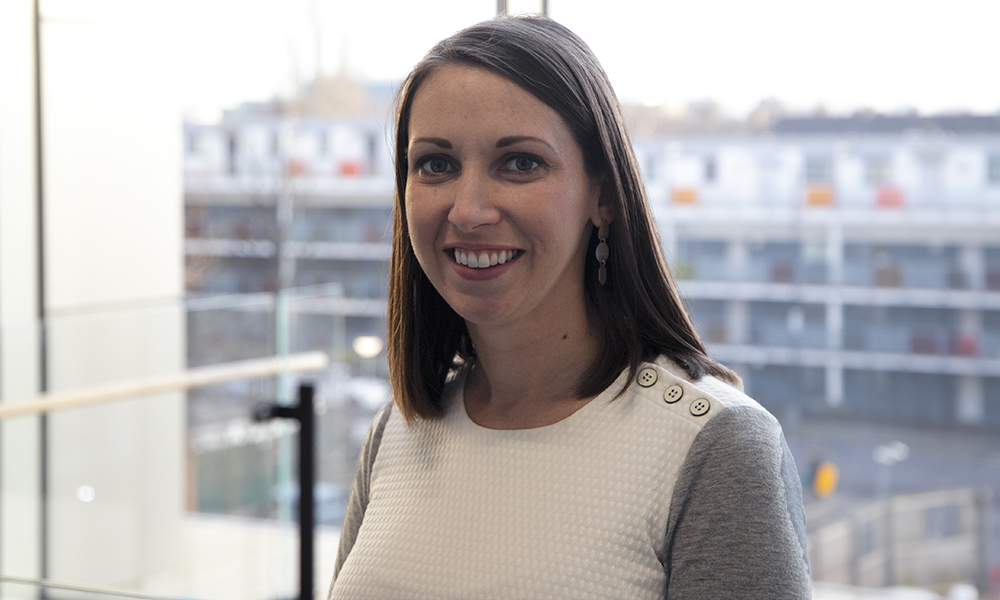
In the latest instalment of our Staff Profile series, we spoke to new starter Aimi Vanden Oever about taking up the role of Divisions Manager in Brain Sciences.
Introduce yourself – who are you and what do you do?
I am Aimi Vanden Oever, the new Divisions Manager for the Department of Brain Sciences. My role is to coordinate administrative support for the Department in order to ensure it is as effective as possible. In conjunction with our Section Managers, I act as a first point of contact for Research Services, Human Resources and Finance queries.
When did you first join the College, and what were you doing before this?
I joined the College in January 2018. Before starting at Imperial, I was the Program Director for a Medical Laboratory Technology training programme at a community college in Minnesota. My background is in medical microbiology and teaching, but I made a career switch when I moved to the UK in 2018.
What are you most excited to start working on in your new role as Divisions Manager?
I am most excited to get to know the administrative team and determine how I can best support them in their current roles as well as in their professional development. Alongside that, I am also excited to learn more about the research our academics are undertaking, so I can understand the unique administrative challenges their projects present and tailor the Department’s processes to provide the best support possible.
What do you think the biggest challenges of the job will be?
As Brain Sciences is a new Department, I understand we are still in the process of developing and refining standardised processes. Having already endured the restructure last year, it will be a challenge to keep up the momentum and create buy-in in for further, albeit smaller, changes. I hope all the hard work will pay off with more streamlined and efficient systems that serve the needs of the Department better.
What’s one thing you’d like to change about the working culture within Medicine or the College more broadly? How do you think this change can be achieved?
I have seen a lot of frustration in interactions between academics and administration, often leading to a lack of respect in both directions. This is certainly not unique to Imperial. I am always cognizant that there are real consequences when administrative processes fail – people don’t get paid, research is delayed, applications don’t get submitted, etc. It is extremely stressful to feel like requests are being directed to a “black box”, so I don’t begrudge academics for their anger and frustration when things don’t get done correctly or in a timely manner. One way I hope to tackle this is by making our processes more transparent, simplifying processes where it is in the Department’s control and providing academics with clear and frequent communication about how we are actioning their requests. Ultimately, we are all working toward the same goals, so I hope to foster an environment in which we feel like we’re part of the same team.
If you could sum up your approach to management in one word, what would it be?
In one word, I would say my approach to management is communication. I aim to set clear expectations, provide timely feedback to my team, respond to emails and phone calls as quickly as I can and genuinely listen to and apply feedback on my own performance.
Where do you see yourself in five years?
Thus far, my career has taken many surprising but welcome turns that I wouldn’t have been able to predict. With that in mind, I have found the best approach to planning has been to throw myself wholeheartedly into my current position while taking advantage of every opportunity for development that is available.
When you’re not working, what are your main passions and hobbies?
When I’m not at work, I love to cook, travel and spend time outside with my dog, Phoebe.
If you were exiled to a desert island but allowed one luxury item, what would it be?
A piano or a guitar – I play both relatively poorly at the moment, but I wouldn’t survive without music and it would be a good opportunity to practice.